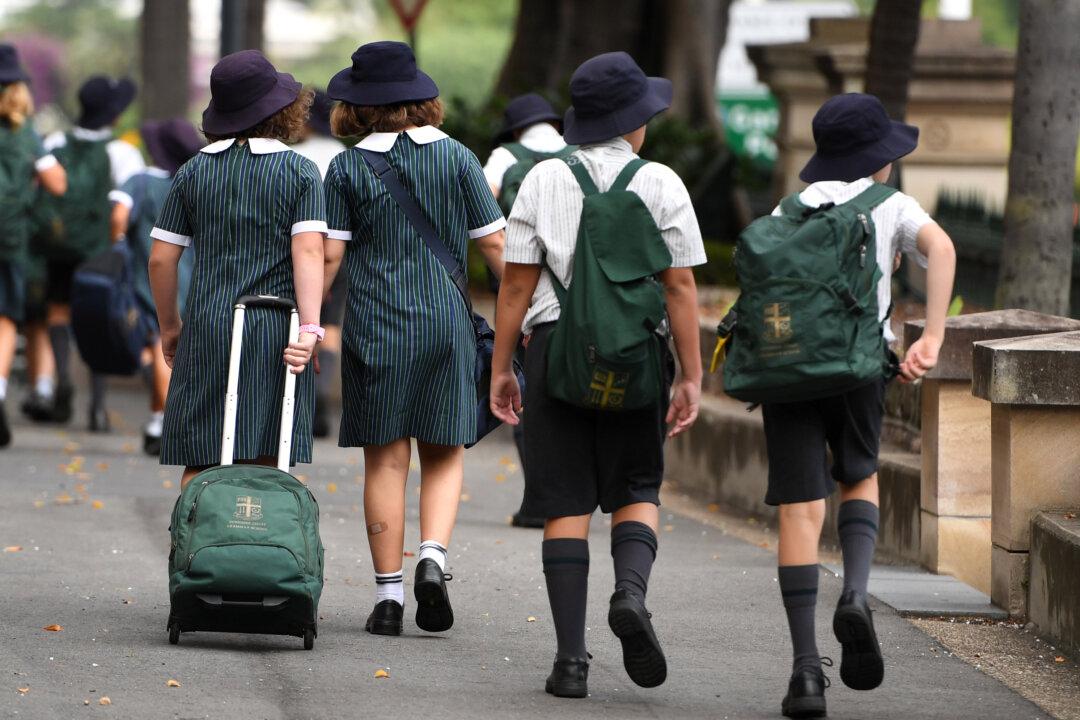Australians are expected to spend $2.5 billion (US$1.7 billion) on back to school purchases, with stationary, uniforms and footwear the most common buys.
The inaugural Australian Retailers Association (ARA) research found about five million Australians would spend an average of $512 (US$338) each on school supplies.





